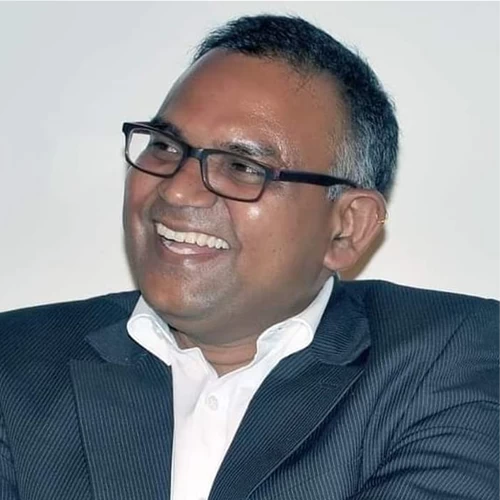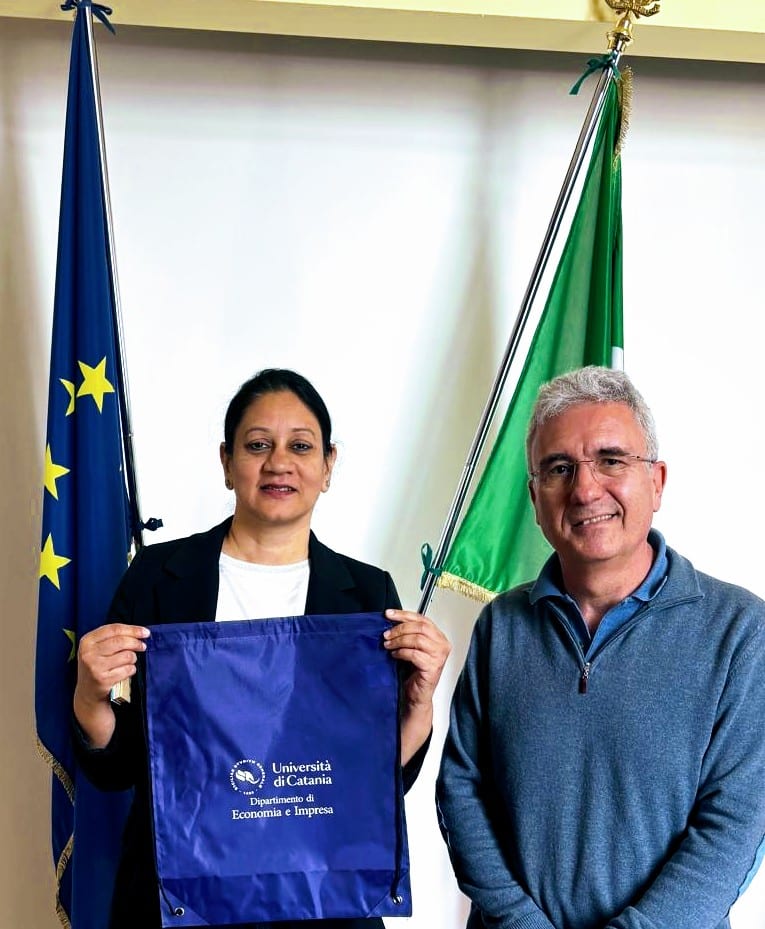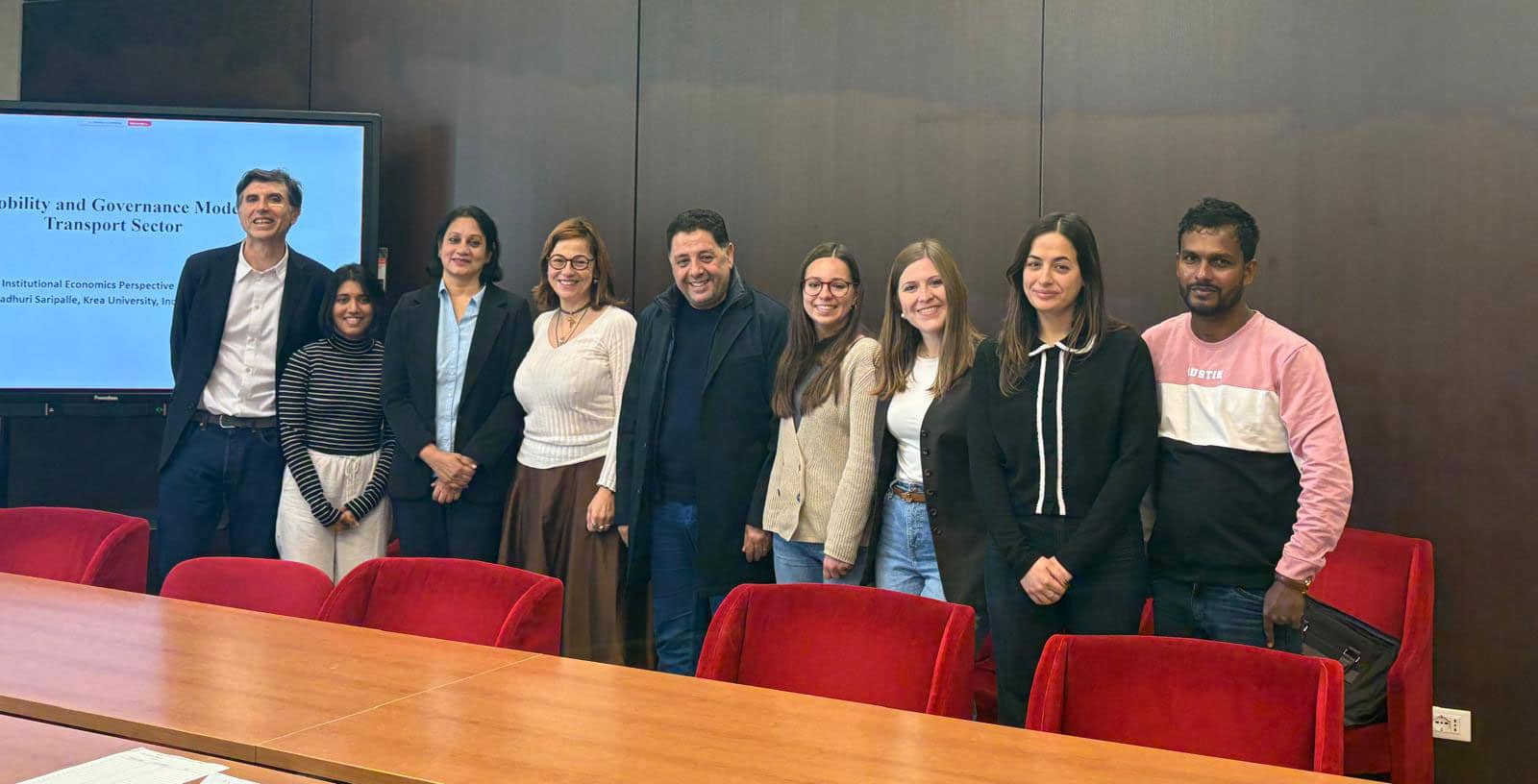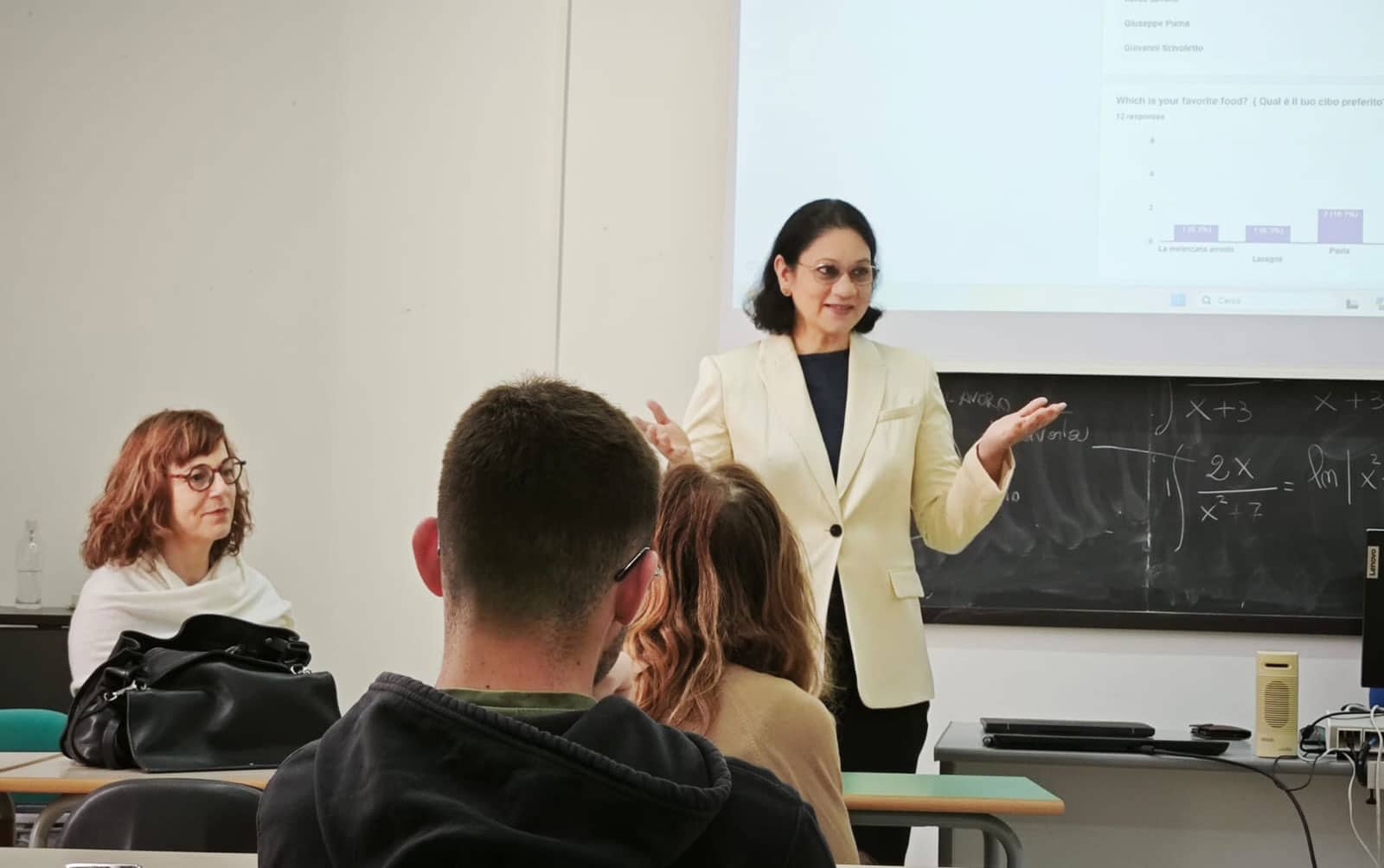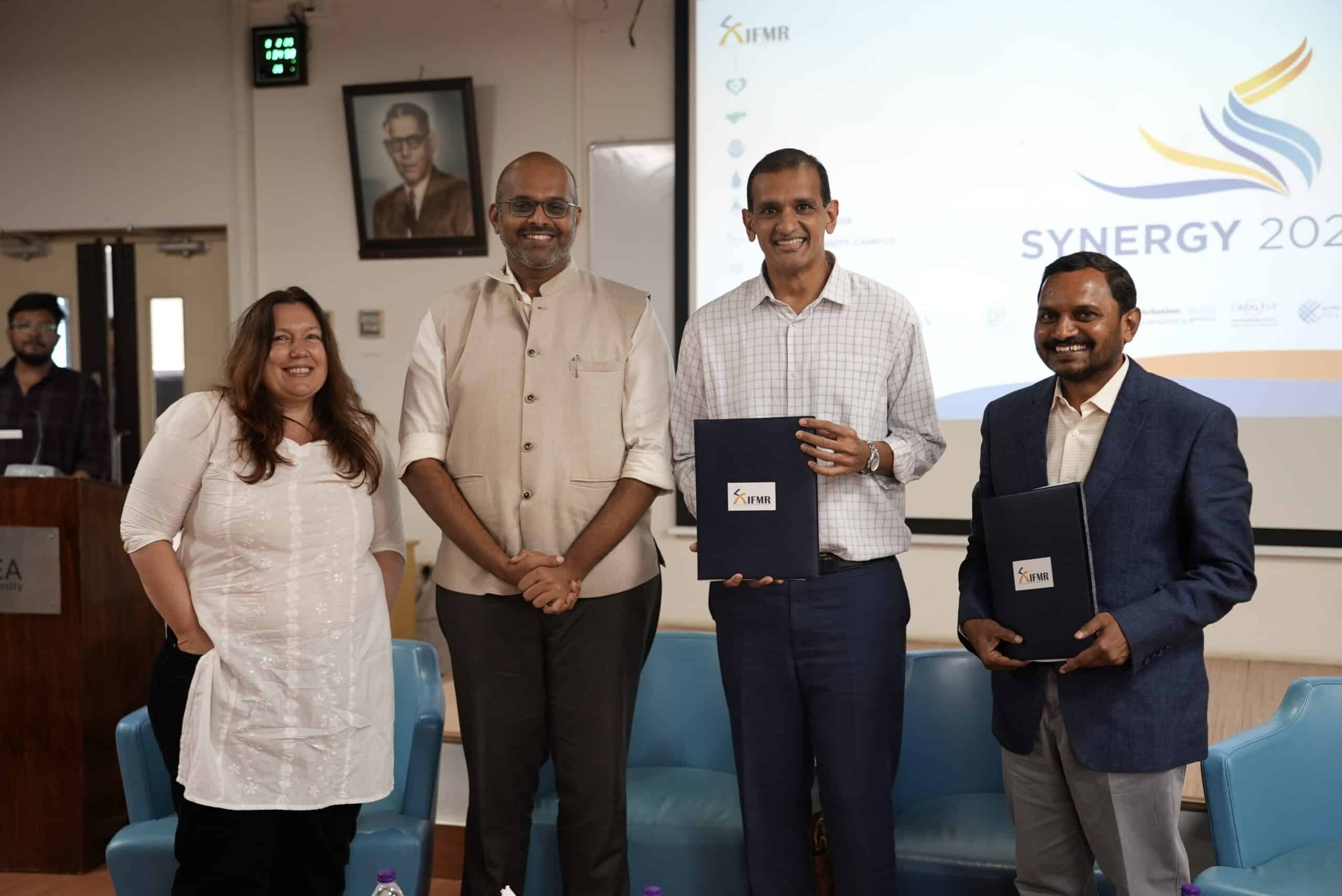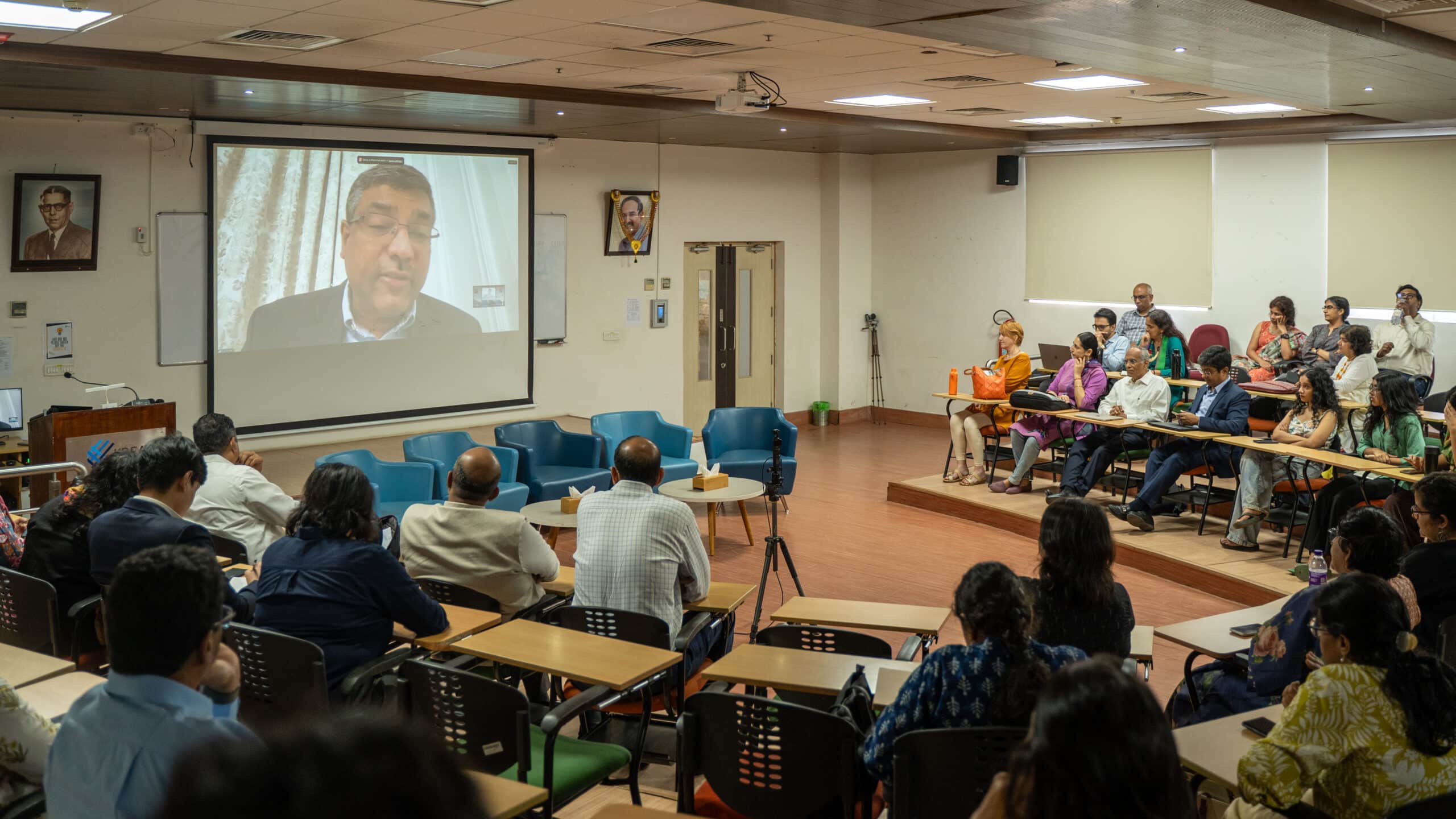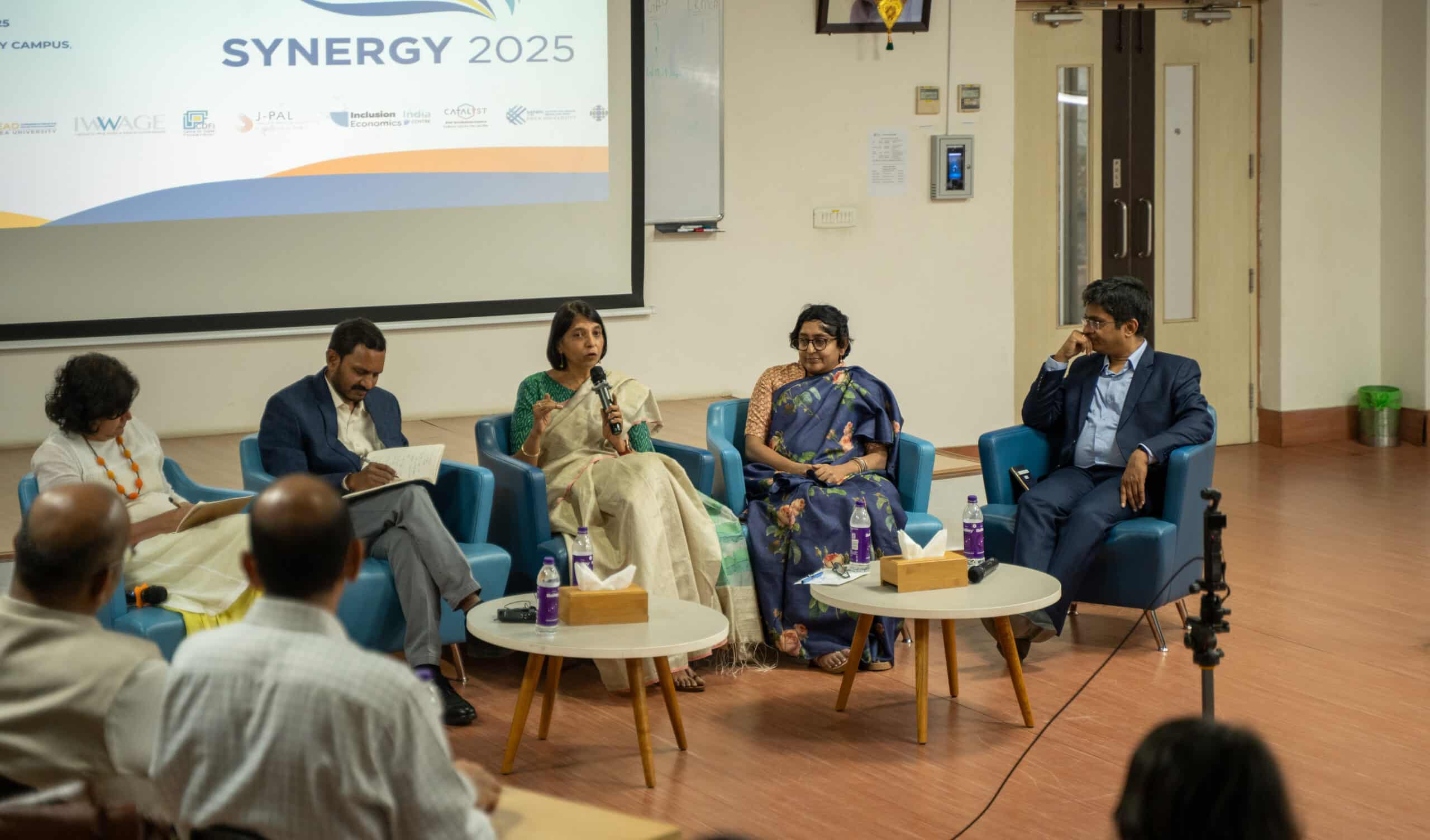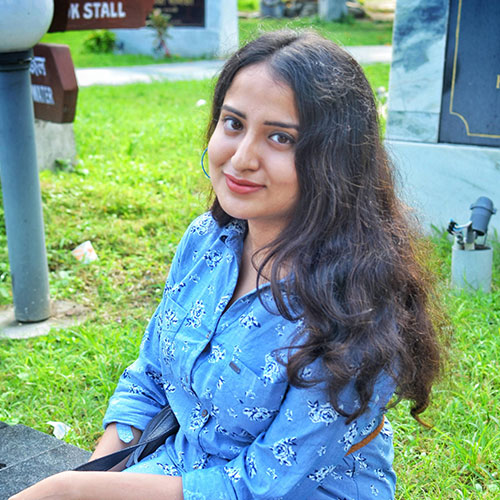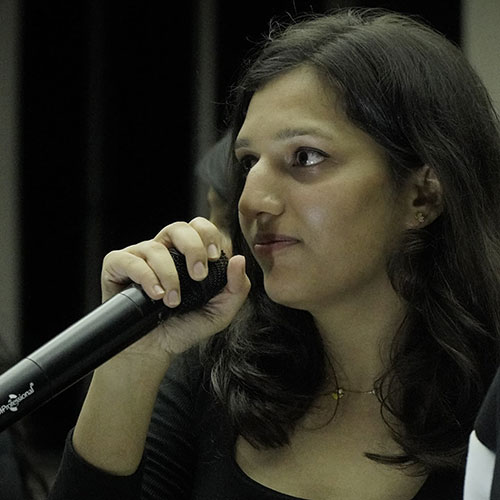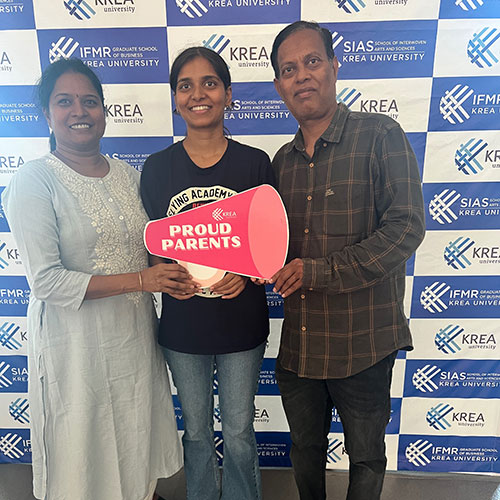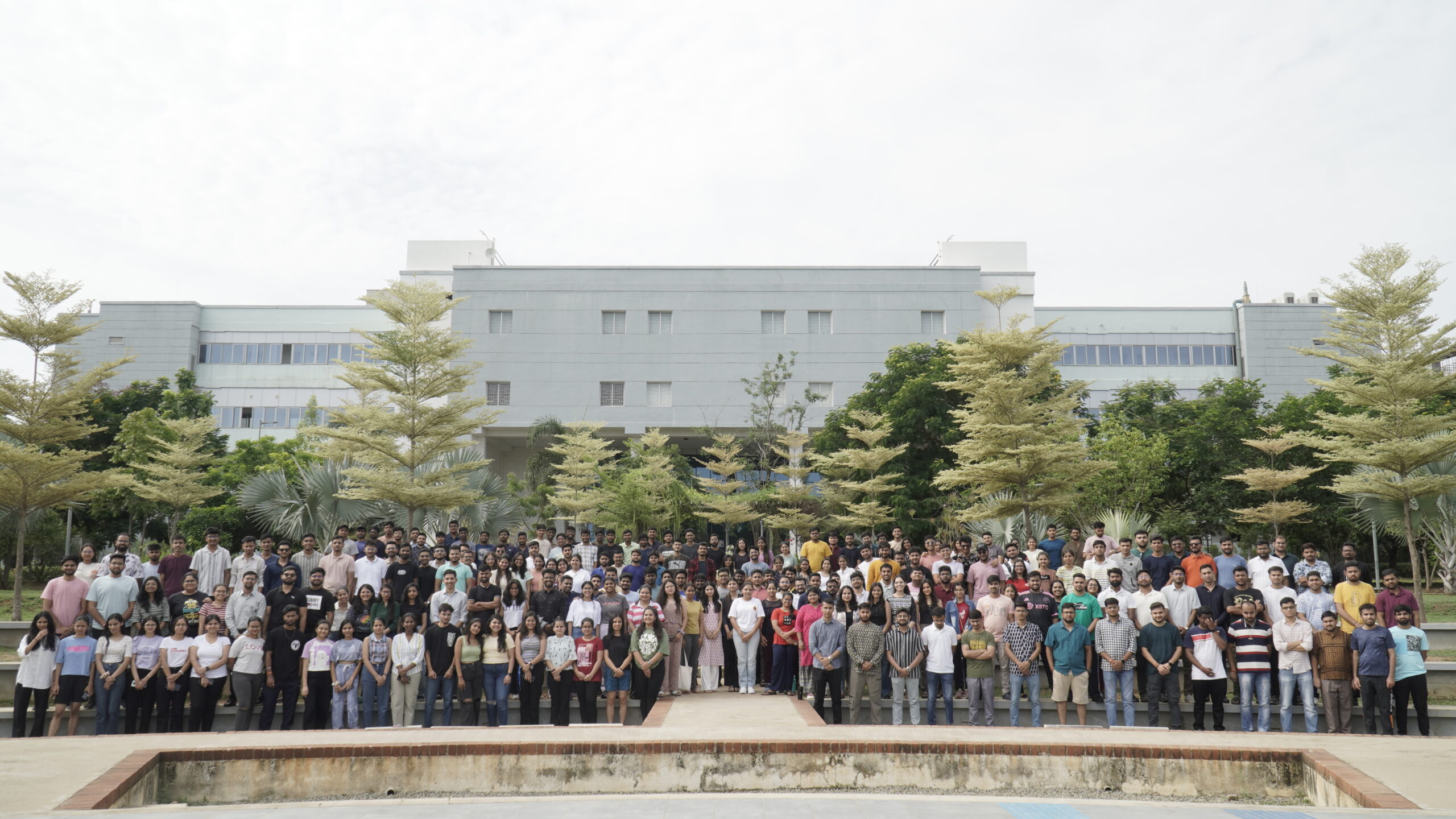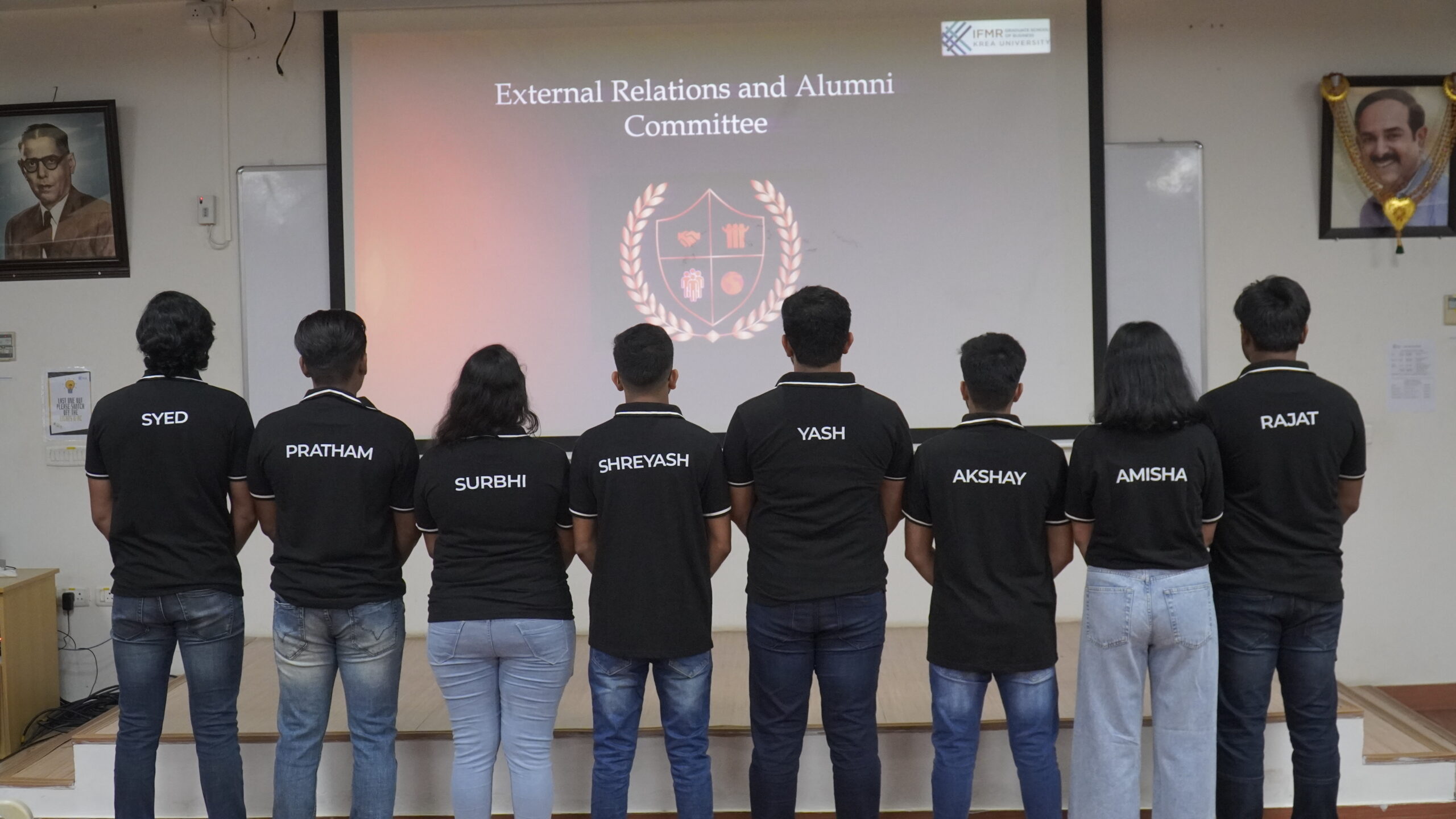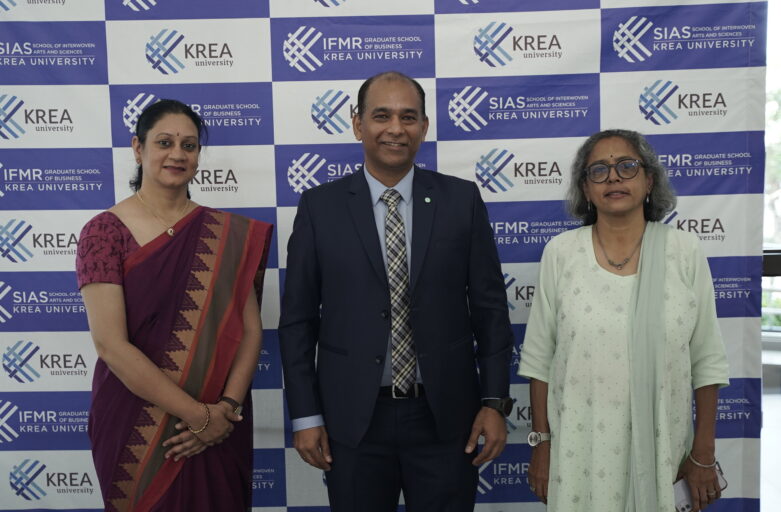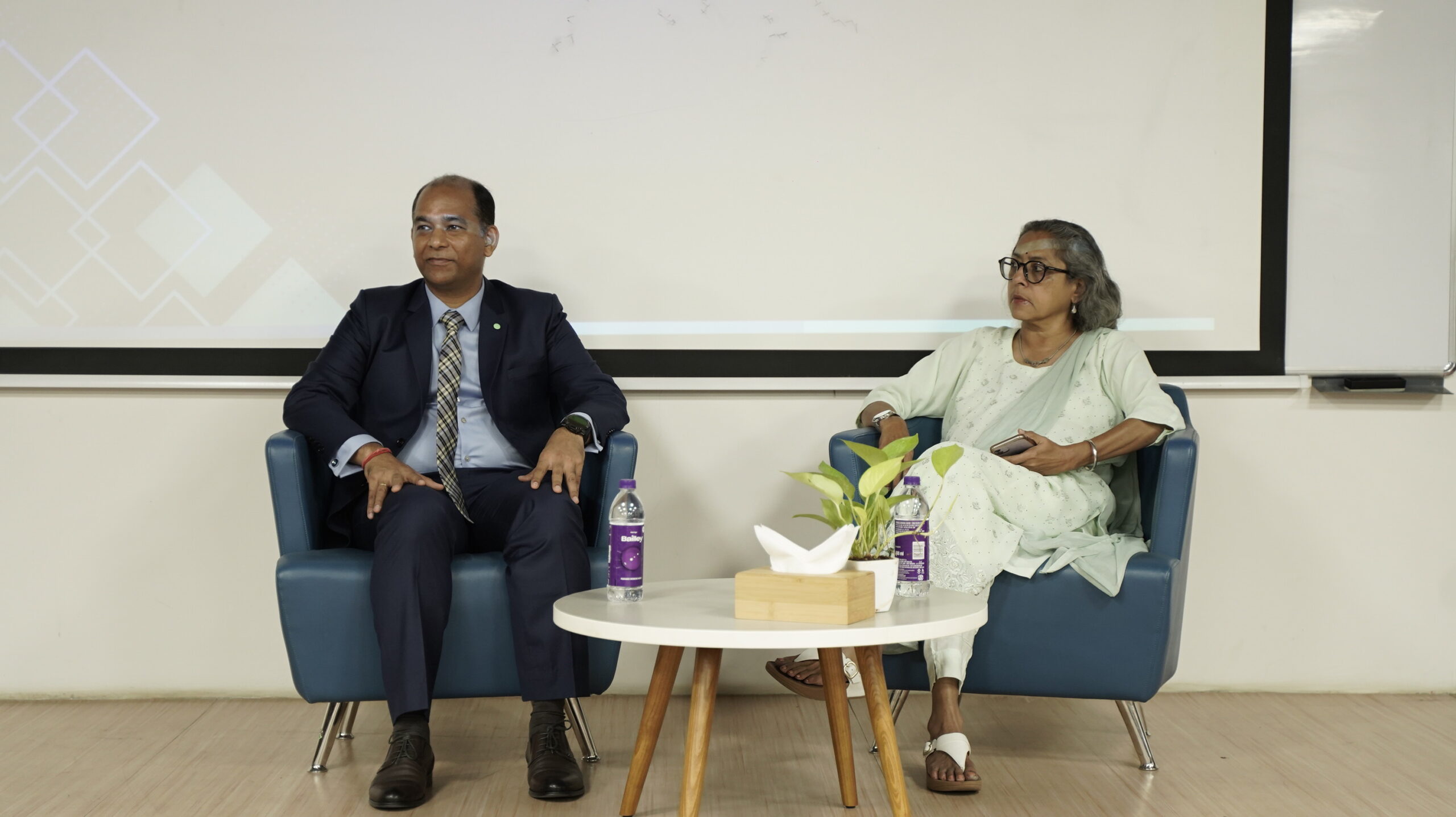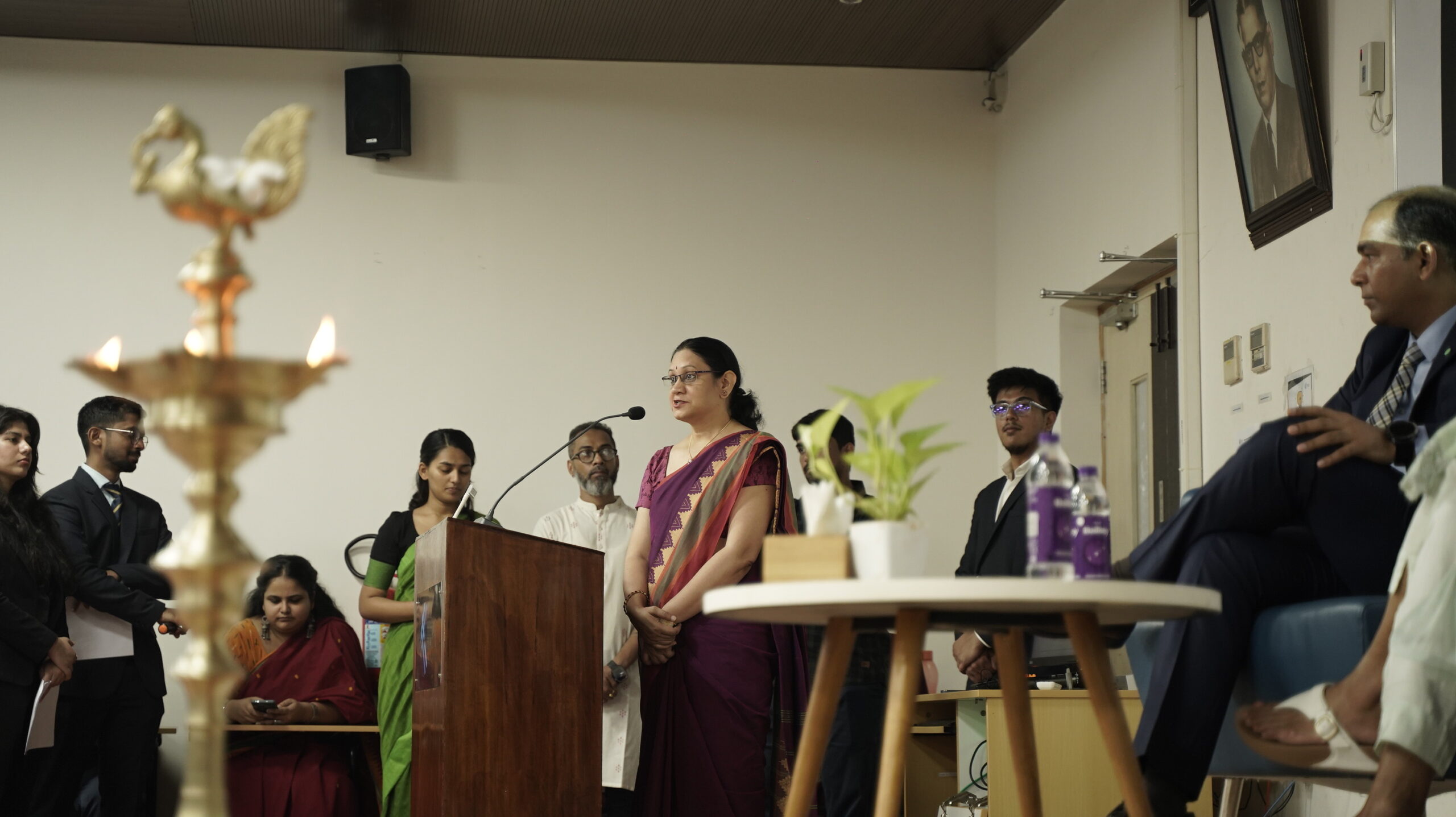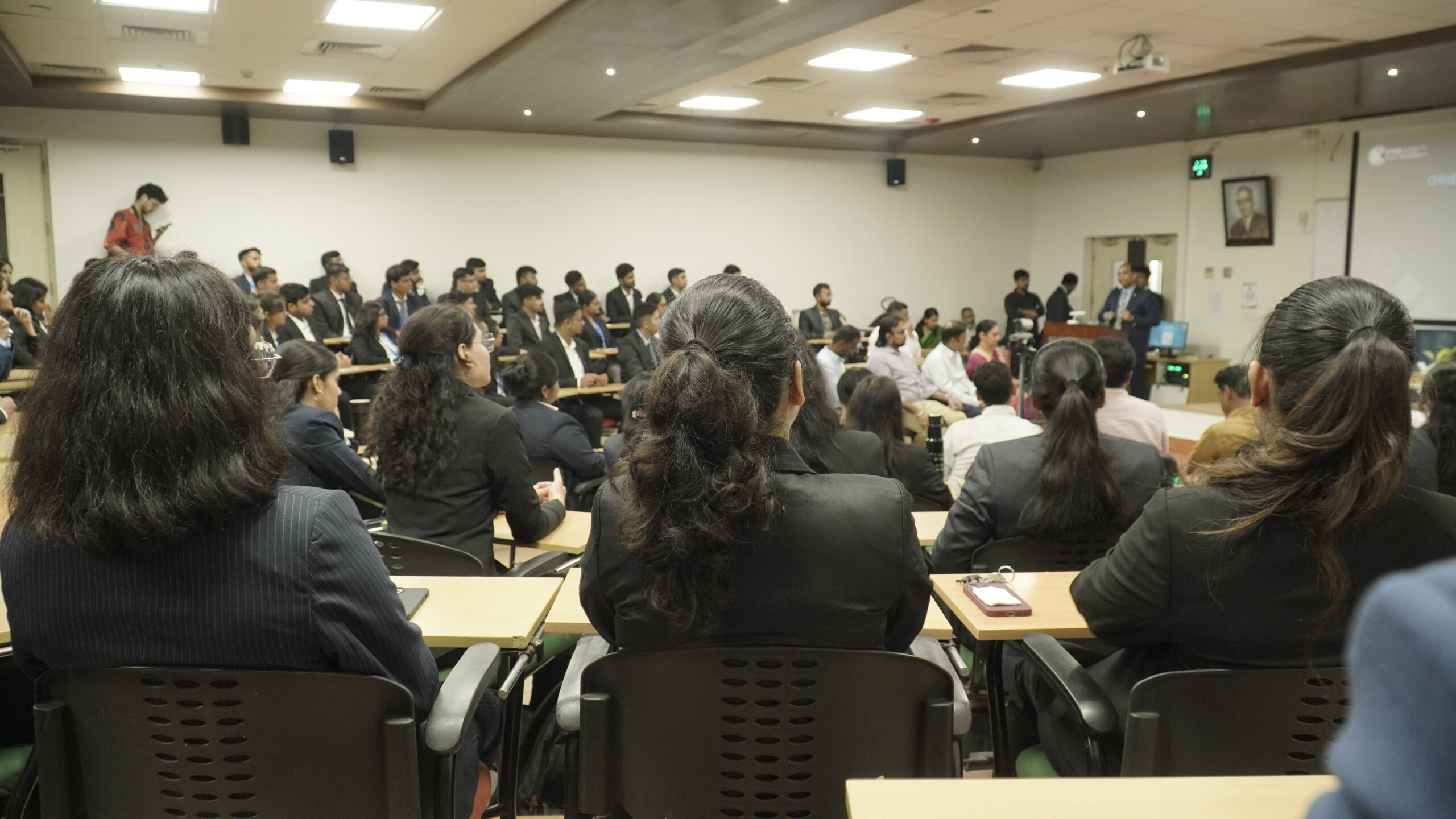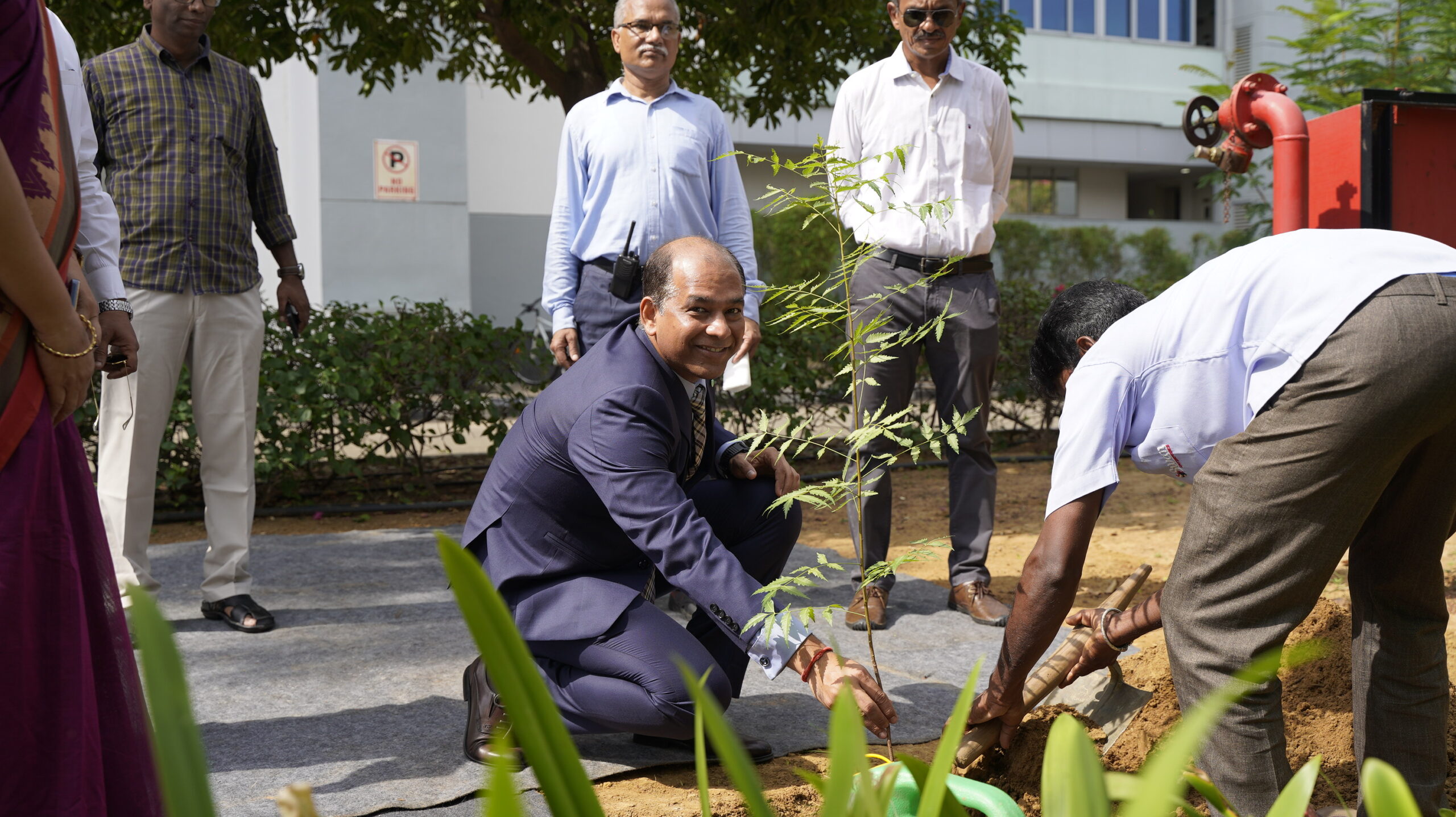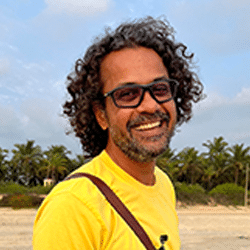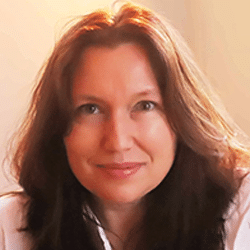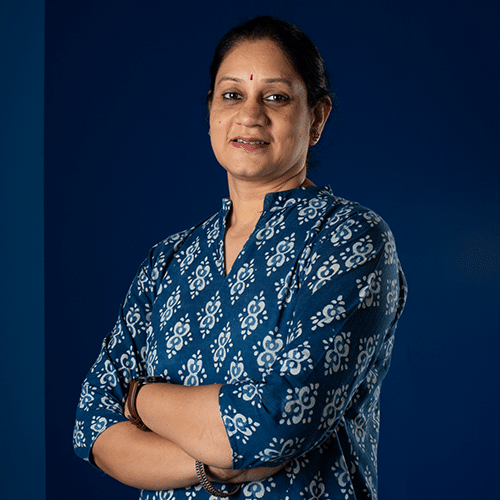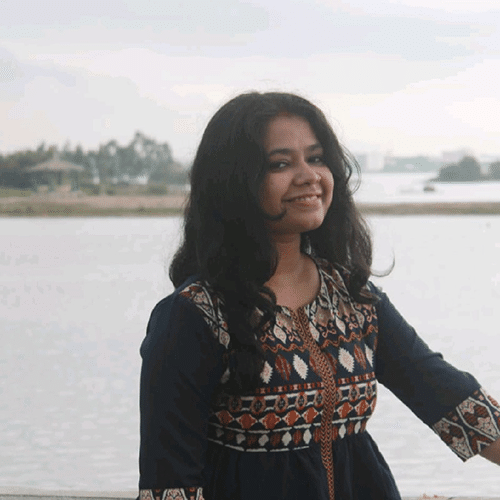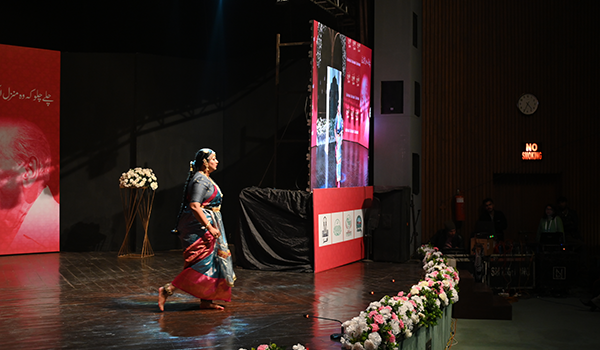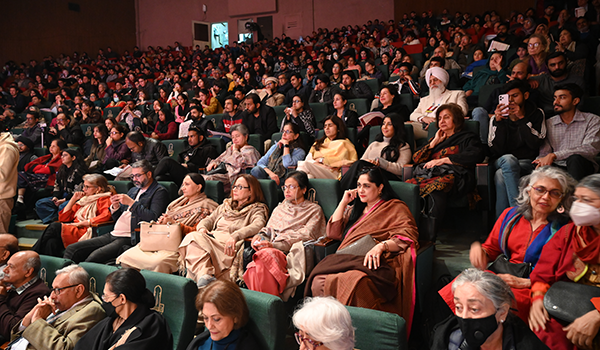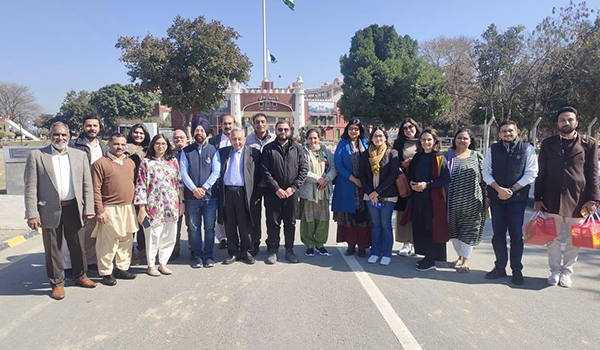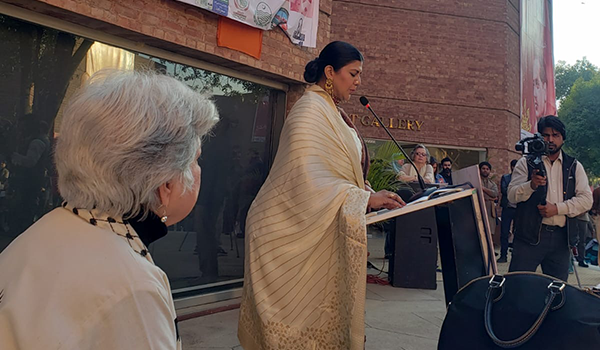Professor Sumantra Bose, Professor, International and Comparative Politics, SIAS, has recently drawn significant media attention for his insights into the shifting geopolitical dynamics between India and Pakistan.
On 25 April 2025, Professor Bose appeared on Inside Story on Al Jazeera, where he discussed the escalating tensions following the tragic Pahalgam attack in Jammu & Kashmir. He emphasised the deepening crisis and the potential for further destabilisation in the region. The episode explored the impact of the attack on bilateral relations and what it may signal for the future. Watch the full discussion here.
In a follow-up article published on 28 April 2025, titled ‘Burst balloon’: How Pahalgam attack shattered Modi’s Kashmir narrative, Professor Bose critically examined how the attack has disrupted the Indian government’s long-standing narrative of stability and normalcy in Kashmir, exposing key flaws in its approach. Read the full article here.
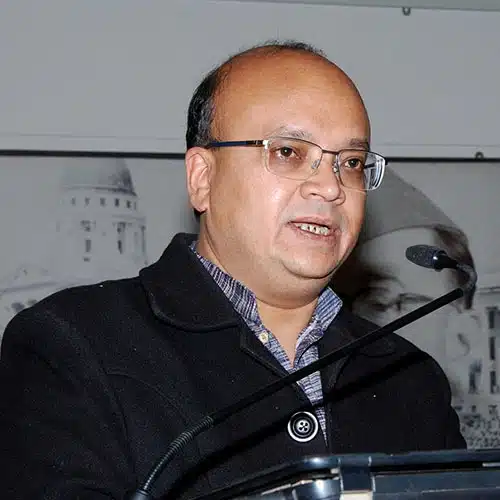
Most recently, on 1 May 2025, he featured on The Briefing Room on BBC Sounds in a BBC Radio 4 episode titled ‘Are India and Pakistan on the brink of war over Kashmir?’, offering expert commentary on the historical and current dimensions of the conflict. Listen to the episode here.
The same day, The New York Times featured a detailed report on the Pahalgam attack and its aftermath, titled India Blames Pakistan After Kashmir Attack Kills 25 Tourists. Professor Bose was among the key experts cited, offering a sobering assessment of the region’s volatility and the dangers of renewed escalation. He noted how such events reflect underlying tensions that have long remained unresolved and pointed to the urgent need for a more thoughtful, historically informed approach to regional peace. Read the full article here
A leading authority on South Asian politics, Professor Bose is the author of Kashmir at the Crossroads: Inside a 21st-Century Conflict (Yale, 2021; Picador India in the subcontinent, and updated Picador India paperback, 2024), which provides a compelling, deeply informed account of the Kashmir conflict from 1947 to the present.
His expertise continues to shape discourse on South Asian politics, providing nuanced perspectives on complex regional issues.
Before joining Krea University, Professor Bose held a Chair at the London School of Economics and Political Science (LSE), where he taught and conducted research for nearly two decades.
His acclaimed publications include:
- Secular States, Religious Politics: India, Turkey, and the Future of Secularism (Cambridge University Press, 2018)
- Transforming India: Challenges to the World’s Largest Democracy (Harvard University Press, 2013)
